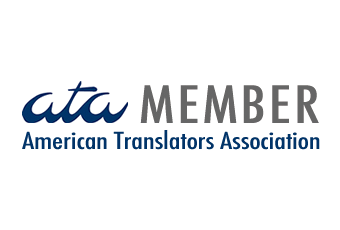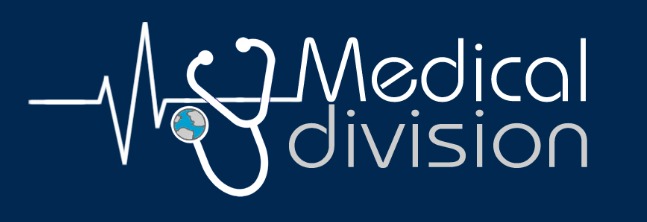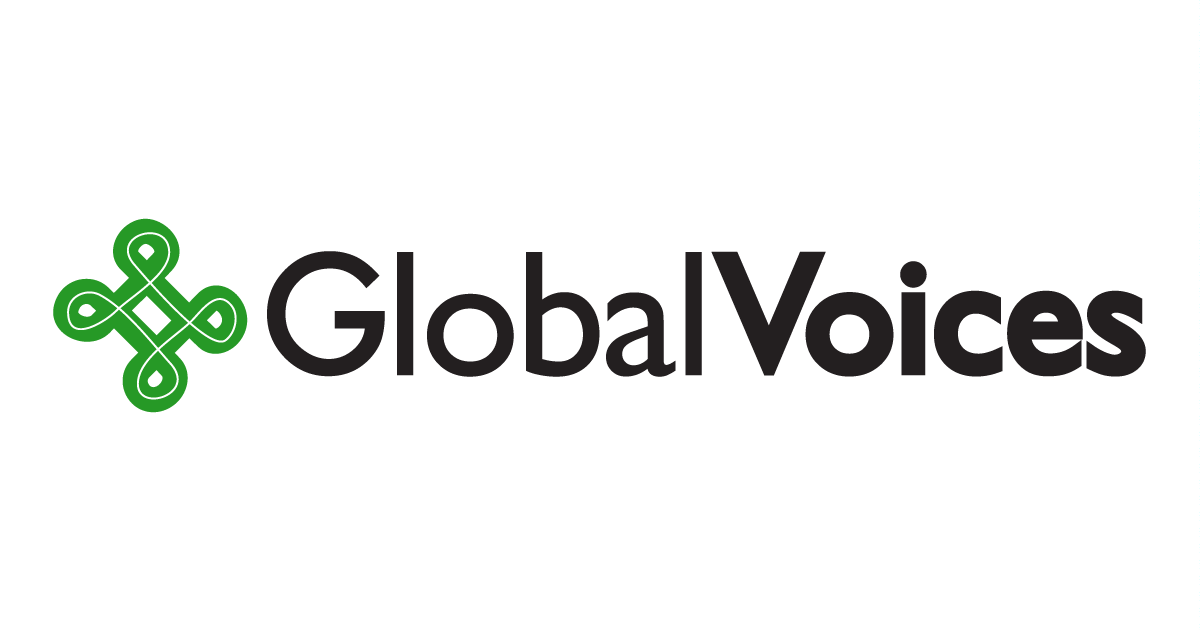Professional Member of the European Medical Writers Association
Medical Writing and MedComms
Trust a qualified and experienced professional medical writer (English and French)
Medical Communications
Medical Communications involves creating and sharing scientific and medical information with various audiences (e.g., healthcare professionals, patients, researchers) through formats like publications, conference materials, and educational content. The goal is to ensure clear, accurate, and engaging communication of medical data.
Examples:
- Medical publications (e.g., white papers, scientific articles)
- Presentation slide decks for conferences and symposia
- Posters and abstracts for scientific conferences
- Medical newsletters
Patient Education Materials
Patient Education Materials are resources designed to help patients understand their health conditions, treatment options, and how to manage their care. These materials can include brochures, pamphlets, videos, and guides that provide clear, accessible information in a way that is easy for patients to understand. The goal is to empower patients with the knowledge they need to make informed decisions about their health.
Examples:
- Patient leaflets and brochures
- Disease awareness materials
- Medication guides and instructional materials
- Educational content for medical devices and procedures
Medical Copywriting
Medical Copywriting involves creating written content for marketing and communication purposes in the healthcare industry. It includes writing clear, engaging, and compliant content for websites, advertisements, brochures, and social media, aimed at promoting medical products, services, or health-related information. The goal is to inform, persuade, and educate while ensuring accuracy and regulatory adherence.
Examples:
- Website content for healthcare brands
- SEO optimized articles for health blogs
- Social media posts focused on health and wellness
- UX writing for healthcare apps
Medical Editing and Proofreading
Medical editing and proofreading involve reviewing and refining medical documents for accuracy, clarity, grammar, and compliance with industry standards. Editing ensures the content is well-structured, clear, and scientifically accurate, while proofreading focuses on correcting spelling, grammar, and punctuation errors. Both processes help ensure that medical content is professional, precise, and ready for publication or submission.
Examples:
- Regulatory submission documents
- Summary of Product Characteristics (SmPC)
- Patient Information Leaflet (PIL)
- Labeling and Packaging Information
- CTD Modules (Common Technical Document)
- Patient education materials
- Clinical Study Reports
- Presentation slides
- Clinical guidelines
- Advertising and Promotional Materials
Medical writing is a specialized field that bridges the gap between complex medical information and its intended audience. Whether communicating with healthcare professionals or patients, medical writers must carefully tailor their approach, ensuring clarity, accuracy, and relevance to each group. While both audiences share an interest in healthcare topics, their needs, level of understanding, and expectations differ significantly. In this article, we will explore the key differences between writing for healthcare professionals and writing for patients. Read more...
Interested in my services? I am here to help!
Contact me to discuss your needs and receive a clear and accurate quote for medical writing services.
Email me at contact@emilecret.com
FAQ in Medical Writing and Medical Communications
What is the difference between medical writing for patients and writing for healthcare professionals?
Medical writing varies significantly depending on the target audience. The approach, tone, and content must be tailored carefully whether you are writing for healthcare professionals (HCPs) or patients, as each group has distinct needs and expectations.
Medical writing for healthcare professionals is technical, data-driven, and aligned with scientific standards. It assumes the reader has advanced medical knowledge and familiarity with clinical terms. This type of writing is typically found in:
-Clinical trial reports
-Regulatory submissions
-Medical journal articles
-Continuing medical education (CME) materials
The style is formal and precise, with a focus on evidence, data interpretation, and accuracy. Medical writers use discipline-specific terminology and reference peer-reviewed literature. The goal is often to inform clinical decisions, contribute to academic training, or meet compliance standards.
Medical writing for patients is focused on clarity, empathy, and accessibility. Most patients are not medically trained, so writers must translate complex medical information into plain language without sacrificing accuracy. Examples include:
-Patient education brochures
-Website or app content
-Post-surgery instructions
-Health awareness campaigns
This style avoids jargon, using a conversational tone and simple explanations. Writers may include analogies, Q&A formats, and visual aids to enhance understanding. The goal is to empower patients, improve health literacy, and support informed decision-making.
Why is accuracy so important in medical writing, and how do you ensure it?
Accuracy in medical writing is absolutely critical. Inaccurate or misleading information can lead to harmful consequences, whether in clinical practice, patient care, or research. Medical writers are responsible for conveying complex medical data in ways that are not only understandable but also scientifically sound. Any errors or inconsistencies could compromise the credibility of the content and, in turn, the safety of patients or the quality of healthcare decisions.
Why is accuracy so important?
Inaccurate information can lead to:
- Incorrect medical decisions: Healthcare professionals rely on accurate data to make life-saving decisions. Even small errors could affect treatment plans or diagnosis.
- Patient confusion or harm: For patients, incorrect instructions or misunderstood health advice could lead to non-compliance or improper use of medications.
- Legal implications: Medical content, especially when tied to clinical trials or regulatory submissions, must meet legal and ethical standards. Errors could lead to costly lawsuits or compliance issues.
How do we ensure accuracy?
At the core of every medical writing project is a commitment to precision. To ensure accuracy, we:
1. Rely on credible sources: All content is based on up-to-date, peer-reviewed research, clinical guidelines, and authoritative databases.
2. Collaborate with subject-matter experts: Medical writers often work alongside physicians, researchers, or regulatory professionals to double-check technical details.
3. Use strict proofreading and editing processes: Every document undergoes multiple rounds of review, including fact-checking and validation against trusted sources.
4. Follow industry standards: We adhere to the guidelines and protocols established by regulatory bodies, ensuring compliance and consistency.
How do I choose the right medical writer for my project?
Choosing the right medical writer for your project is a key step. In the medical field, accuracy and clarity are paramount, that is why it is important to select a writer with the right expertise and experience. Whether you are creating clinical reports, patient materials, or regulatory documents, here is what to consider when making your choice.
1. Relevant Experience and Expertise
Look for a medical writer with experience in your specific area. Whether you need content for clinical trials, regulatory submissions, patient education, or scientific publications, choose someone who is familiar with the terminology, standards, and expectations within your field. Experience with medical writing in your therapeutic area will ensure that the content is accurate, relevant, and well-suited to your audience.
2. Understanding of Your Audience
Medical writing isn't one-size-fits-all. The style and tone you need for a patient brochure will differ greatly from a clinical trial report. Ensure the writer understands your target audience — whether healthcare professionals, regulatory bodies, or patients. Their ability to adapt the tone, language, and complexity of the content to suit the reader is key.
3. Proven Track Record and References
Review the writer’s portfolio or ask for samples of past work. A skilled medical writer should be able to provide writing samples or case studies relevant to your needs. Additionally, seek testimonials or references from past clients to understand their reliability, quality of work, and ability to meet deadlines.
4. Attention to Detail and Commitment to Accuracy
Medical writing demands the highest level of precision. Ensure the writer follows strict quality control processes and is committed to fact-checking, proper citations, and regulatory compliance. Accuracy is non-negotiable in the medical field, so the writer you select should demonstrate a meticulous approach to research and editing.
5. Communication and Collaboration Skills
Medical writing often requires collaboration with other experts, such as clinicians, researchers, and regulatory bodies. Choose a writer who communicates clearly, listens well, and is open to feedback. A collaborative mindset can make the writing process smoother and more efficient.
By considering these factors, you can ensure that you choose a medical writer who is not only skilled but also a good fit for your specific project needs.






